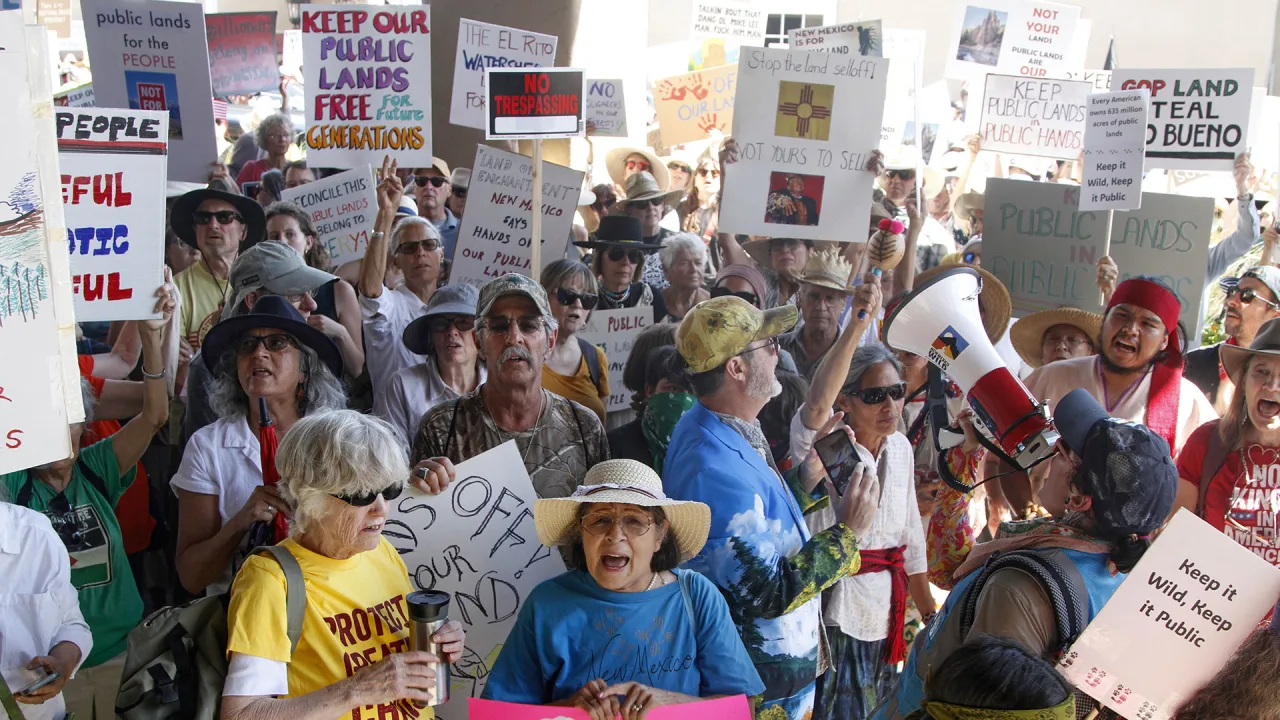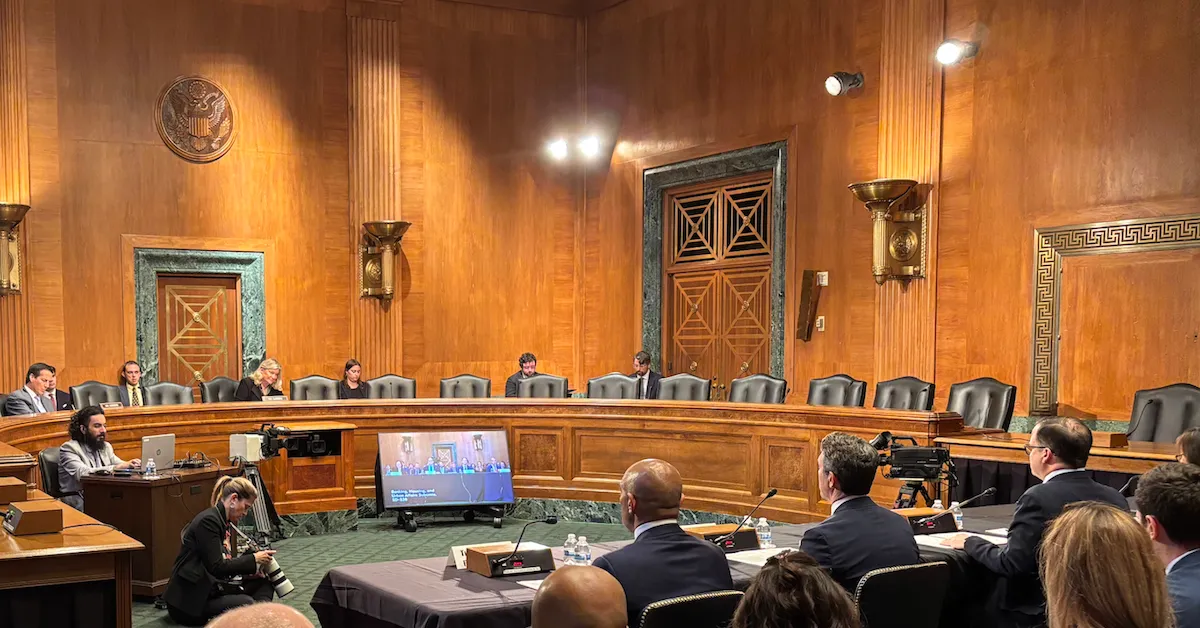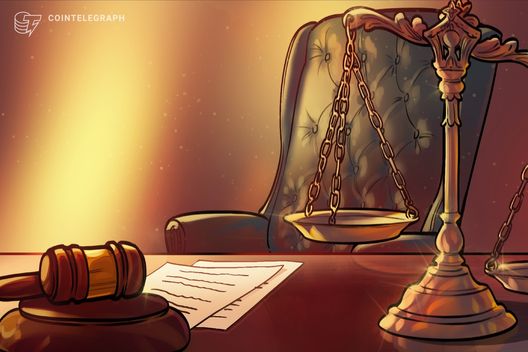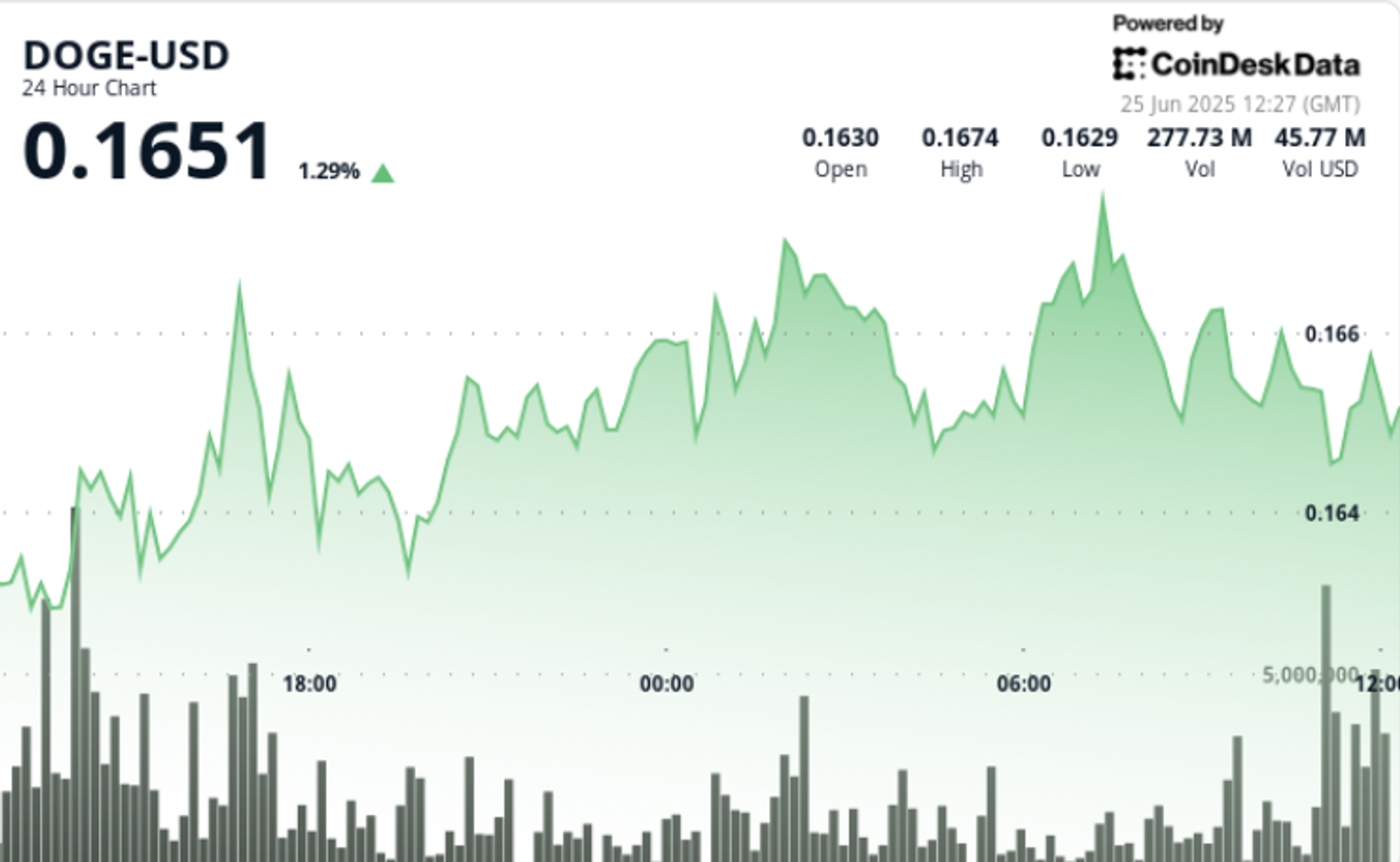The Bank Secrecy Act is failing everyone. It’s time to rethink financial surveillance.
The US is on the brink of enacting rules for digital assets, with growing bipartisan momentum to modernize our financial system. But amid all the talk about innovation and global competitiveness, one issue has been glaringly absent: financial privacy. As we build the digital infrastructure of the 21st century, we need to talk about not…

The US is on the brink of enacting rules for digital assets, with growing bipartisan momentum to modernize our financial system. But amid all the talk about innovation and global competitiveness, one issue has been glaringly absent: financial privacy. As we build the digital infrastructure of the 21st century, we need to talk about not just what’s possible but what’s acceptable. That means confronting the expanding surveillance powers quietly embedded in our financial system, which today can track nearly every transaction without a warrant.
Many Americans may associate financial surveillance with authoritarian regimes. Yet because of a Nixon-era law called the Bank Secrecy Act (BSA) and the digitization of finance over the past half-century, financial privacy is under increasingly serious threat here at home. Most Americans don’t realize they live under an expansive surveillance regime that likely violates their constitutional rights. Every purchase, deposit, and transaction, from the smallest Venmo payment for a coffee to a large hospital bill, creates a data point in a system that watches you—even if you’ve done nothing wrong.
As a former federal prosecutor, I care deeply about giving law enforcement the tools it needs to keep us safe. But the status quo doesn’t make us safer. It creates a false sense of security while quietly and permanently eroding the constitutional rights of millions of Americans.
When Congress enacted the BSA in 1970, cash was king and organized crime was the target. The law created a scheme whereby, ever since, banks have been required to keep certain records on their customers and turn them over to law enforcement upon request. Unlike a search warrant, which must be issued by a judge or magistrate upon a showing of probable cause that a crime was committed and that specific evidence of that crime exists in the place to be searched, this power is exercised with no checks or balances. A prosecutor can “cut a subpoena”—demanding all your bank records for the past 10 years—with no judicial oversight or limitation on scope, and at no cost to the government. The burden falls entirely on the bank. In contrast, a proper search warrant must be narrowly tailored, with probable cause and judicial authorization.
In United States v. Miller (1976), the Supreme Court upheld the BSA, reasoning that citizens have no “legitimate expectation of privacy” about information shared with third parties, like banks. Thus began the third-party doctrine, enabling law enforcement to access financial records without a warrant. The BSA has been amended several times over the years (most notoriously in 2001 as a part of the Patriot Act), imposing an ever-growing list of recordkeeping obligations on an ever-growing list of financial institutions. Today, it is virtually inescapable for everyday Americans.
In the 1970s, when the BSA was enacted, banking and noncash payments were conducted predominantly through physical means: writing checks, visiting bank branches, and using passbooks. For cash transactions, the BSA required reporting of transactions over the kingly sum of $10,000, a figure that was not pegged to inflation and remains the same today. And given the nature of banking services and the technology available at the time, individuals conducted just a handful of noncash payments per month. Today, consumers make at least one payment or banking transaction a day, and just an estimated 16% of those are in cash.
Meanwhile, emerging technologies further expand the footprint of financial data. Add to this the massive pools of personal information already collected by technology platforms—location history, search activity, communications metadata—and you create a world where financial surveillance can be linked to virtually every aspect of your identity, movement, and behavior.
Nor does the BSA actually appear to be effective at achieving its aims. In fiscal year 2024, financial institutions filed about 4.7 million Suspicious Activity Reports (SARs) and over 20 million currency transaction reports. Instead of stopping major crime, the system floods law enforcement with low-value information, overwhelming agents and obscuring real threats. Mass surveillance often reduces effectiveness by drowning law enforcement in noise. But while it doesn’t stop hackers, the BSA creates a trove of permanent info on everyone.
Worse still, the incentives are misaligned and asymmetrical. To avoid liability, financial institutions are required to report anything remotely suspicious. If they fail to file a SAR, they risk serious penalties—even indictment. But they face no consequences for overreporting. The vast overcollection of data is the unsurprising result. These practices, developed under regulations, require clearer guardrails so that executive branch actors can more safely outsource surveillance duties to private institutions.
But courts have recognized that constitutional privacy must evolve alongside technology. In 2012, the Supreme Court ruled in United States v. Jones that attaching a GPS tracker to a vehicle for prolonged surveillance constituted a search restricted by the Fourth Amendment. Justice Sonia Sotomayor, in a notable concurrence, argued that the third-party doctrine was ill suited to an era when individuals “reveal a great deal of information about themselves to third parties” merely by participating in daily life.
This legal evolution continued in 2018, when the Supreme Court held in Carpenter v. United States that accessing historical cell-phone location records held by a third party required a warrant, recognizing that “seismic shifts in digital technology” necessitate stronger protections and warning that “the fact that such information is gathered by a third party does not make it any less deserving of Fourth Amendment protection.”
The logic of Carpenter applies directly to the mass of financial records being collected today. Just as tracking a person’s phone over time reveals the “whole of their physical movements,” tracking a person’s financial life exposes travel, daily patterns, medical treatments, political affiliations, and personal associations. In many ways, because of the velocity and digital nature of today’s digital payments, financial data is among the most personal and revealing data there is—and therefore deserves the highest level of constitutional protection.
Though Miller remains formally intact, the writing is on the wall: Indiscriminate financial surveillance such as what we have today is fundamentally at odds with the Fourth Amendment in the digital age.
Technological innovations over the past several decades have brought incredible convenience to economic life. Now our privacy standards must catch up. With Congress considering landmark legislation on digital assets, it’s an important moment to consider what kind of financial system we want—not just in terms of efficiency and access, but in terms of freedom. Rather than striking down the BSA in its entirety, policymakers should narrow its reach, particularly around the bulk collection and warrantless sharing of Americans’ financial data.
Financial surveillance shouldn’t be the price of participation in modern life. The systems we build now will shape what freedom looks like for the next century. It’s time to treat financial privacy like what it is: a cornerstone of democracy, and a right worth fighting for.
Katie Haun is the CEO and founder of Haun Ventures, a venture capital firm focused on frontier technologies. She is a former federal prosecutor who created the US government’s first cryptocurrency task force. She led investigations into the Mt. Gox hack and the corrupt agents on the Silk Road task force. She clerked for US Supreme Court Justice Anthony Kennedy and is an honors graduate of Stanford Law School.





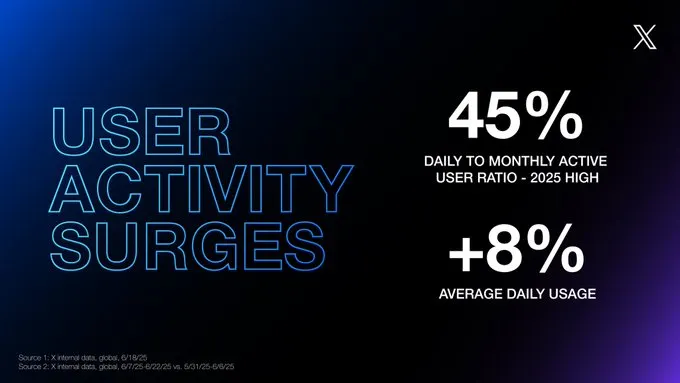





![What Is a Markup Language? [+ 7 Examples]](https://static.semrush.com/blog/uploads/media/82/c8/82c85ebca40c95d539cf4b766c9b98f8/markup-language-sm.png)


































































